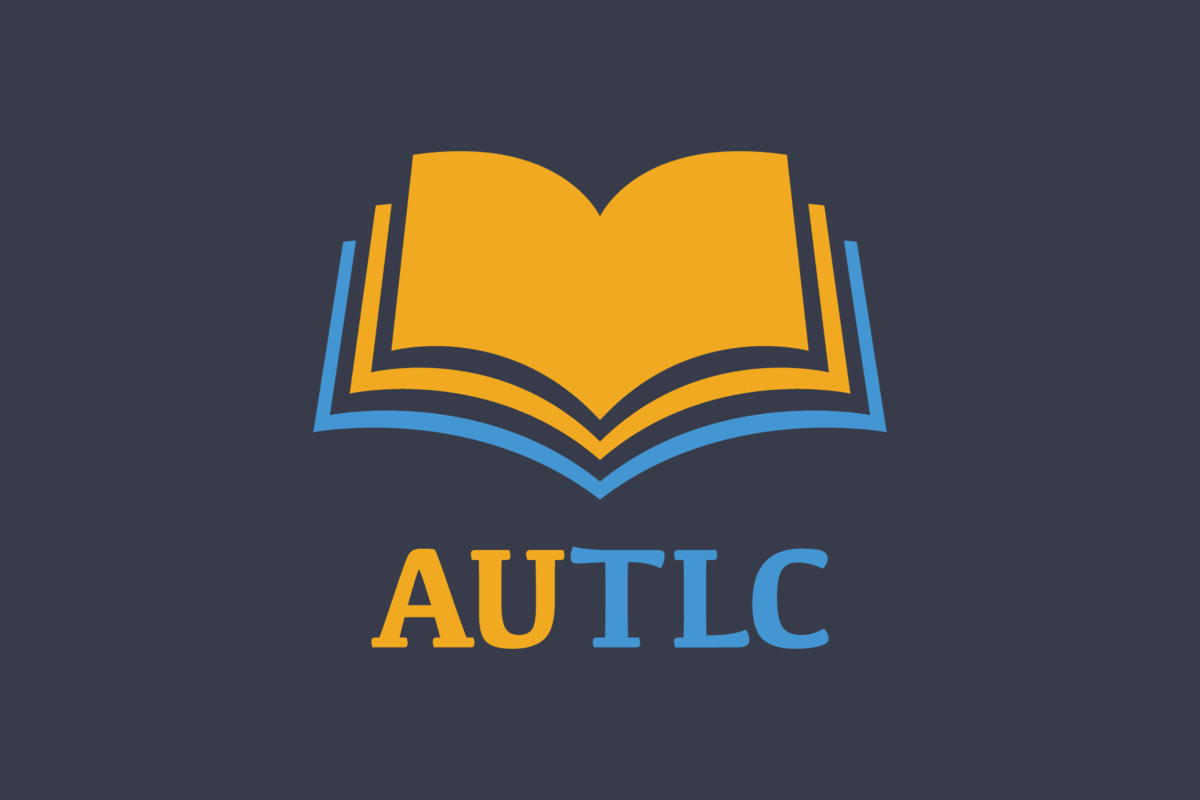Creating Communities of Learning: Library Best Practices
Location
Bell Hall 183
Start Date
28-3-2019 12:30 PM
End Date
28-3-2019 12:55 PM
Proposal for Presentation
The knowledge age shifts the focus from the professor to the collective discovery of students in an interdisciplinary and transdisciplinary environment. Individuals make meaning through experience and interaction with others, rendering classroom learning sometimes inadequate to produce desired learning outcomes. This has led to a paradigm shift in the academic libraries’ service models which now focus on supporting information services that are interdisciplinary, integrative, and collaborative. This shift has helped to embed the library in several campus-wide initiatives that impact student learning. Services that promote stronger partnerships between the library, academic departments, and other academic support services within the university campus have proven to foster students’ value for knowledge, enhance their capability to build knowledge and prepare them to contribute maximally to the development of the knowledge economy. Such models create communities of learning which in return develop into communities of practice.
This presentation focuses on high impact strategies that the library can cultivate and engage in to support an integrated service model using the library as a participatory space for cognitive engagements for enhanced student learning. The presentation will propose information service architecture that will engage the library, academic departments, and academic support departments in information and knowledge activities. These structures have the potential of turning the library into an interactive hub where patrons and the campus community gather to seek and share information for academic, personal, and social development. The human touch and individual group cognitive interactions are high-impact information sharing and knowledge-building strategies that foster desired learning outcomes in the current knowledge dispensation. Activities such as science café, author time, peer learning, and library open house, among others, are discussed.
Creating Communities of Learning: Library Best Practices
Bell Hall 183
The knowledge age shifts the focus from the professor to the collective discovery of students in an interdisciplinary and transdisciplinary environment. Individuals make meaning through experience and interaction with others, rendering classroom learning sometimes inadequate to produce desired learning outcomes. This has led to a paradigm shift in the academic libraries’ service models which now focus on supporting information services that are interdisciplinary, integrative, and collaborative. This shift has helped to embed the library in several campus-wide initiatives that impact student learning. Services that promote stronger partnerships between the library, academic departments, and other academic support services within the university campus have proven to foster students’ value for knowledge, enhance their capability to build knowledge and prepare them to contribute maximally to the development of the knowledge economy. Such models create communities of learning which in return develop into communities of practice.
This presentation focuses on high impact strategies that the library can cultivate and engage in to support an integrated service model using the library as a participatory space for cognitive engagements for enhanced student learning. The presentation will propose information service architecture that will engage the library, academic departments, and academic support departments in information and knowledge activities. These structures have the potential of turning the library into an interactive hub where patrons and the campus community gather to seek and share information for academic, personal, and social development. The human touch and individual group cognitive interactions are high-impact information sharing and knowledge-building strategies that foster desired learning outcomes in the current knowledge dispensation. Activities such as science café, author time, peer learning, and library open house, among others, are discussed.



